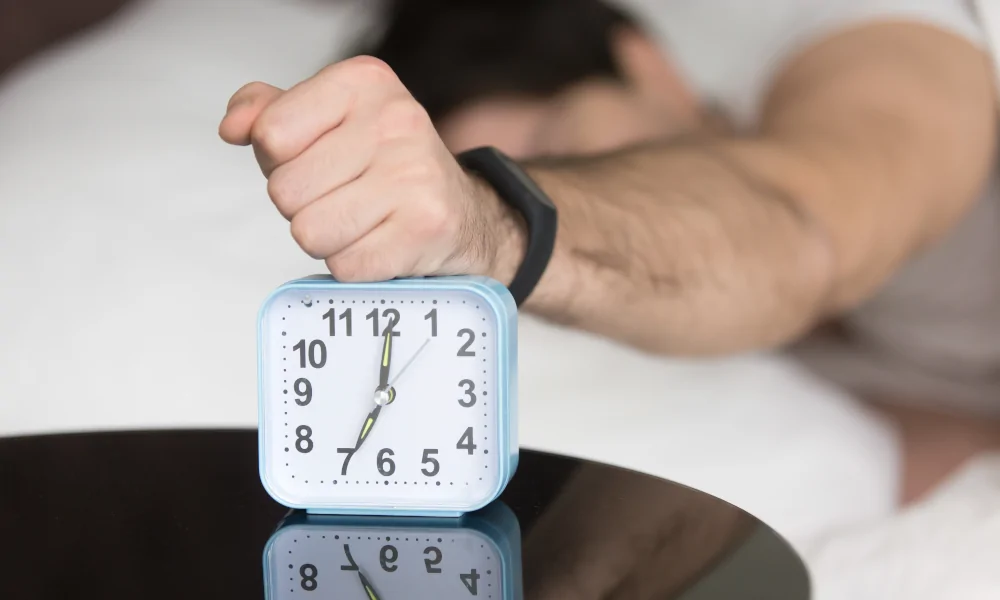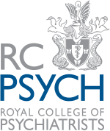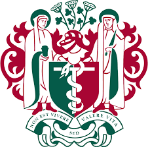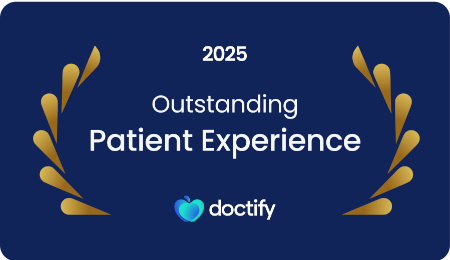Sleep Medicine
Sleep medicine is a specialised medical field dedicated to the diagnosis and treatment of sleep disorders. Sleep problems are increasingly common, affecting millions of people who struggle nightly with poor sleep quality and daytime fatigue. If left untreated, sleep disorders can significantly impact your physical and mental health, relationships, wellbeing and your quality of life.

Understanding sleep medicine to support better sleeping habits
Sleep medicine is one of the youngest medical specialties encompassing a broad range of conditions that affect sleep quality, timing and duration. There are over 80 distinct sleep disorders, and an accurate diagnosis from an experienced sleep medicine professional is a crucial first step towards overcoming your sleeping difficulties.
Dr Mistry specialises in conducting comprehensive assessments for a wide range of sleep disorders and this includes a detailed sleep history, medical evaluation and the use of advanced diagnostic tools including an overnight sleep study (polysomnography) or a home sleep apnoea test (HSAT).
Dr Mistry’s practice focuses on evidence-based treatment such as CBT-I for insomnia, as well as addressing the root causes and any contributing factors for your sleeping difficulties.
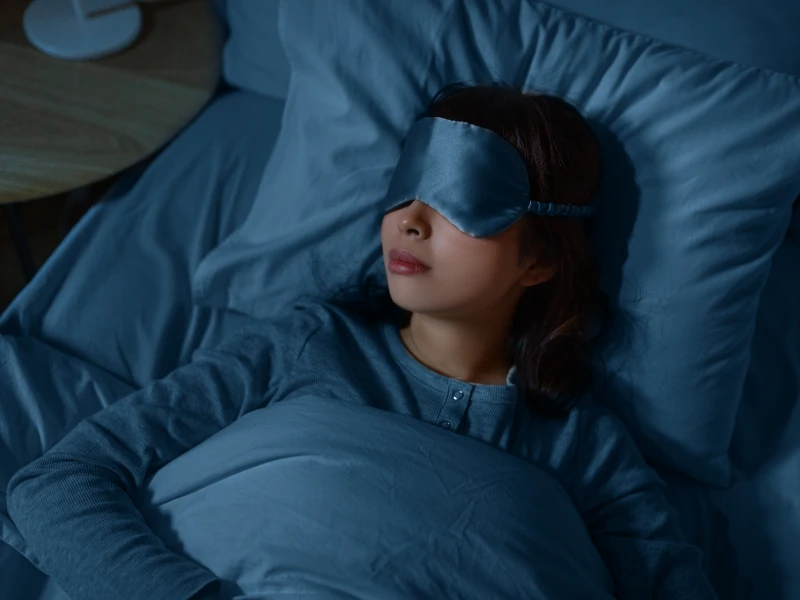
Signs you could be struggling with your sleep
Difficulty falling asleep or staying asleep
This is a common sign of insomnia, a sleep disorder that makes it hard for you to get the rest your body and mind needs. People find themselves lying awake for a long time before falling asleep, waking up often during the night or rising too early and being unable to get back to sleep. When this happens regularly it can affect your energy, mood, concentration and overall health.
Unrefreshing sleep
Even after a full night in bed, you wake up feeling tired, groggy, or like you haven’t really rested. It’s as if your body went through the motions of sleeping, but your brain and body didn’t get the recovery they needed. This can happen with conditions like insomnia or sleep apnoea, where the quality of your sleep is poor – even if you’re getting enough hours. If you often feel drained in the morning, or struggle to stay alert during the day, unrefreshing sleep could be a sign of an underlying sleep disorder that needs attention.
Frequent awakenings during the night
This means that your sleep is repeatedly interrupted – you might wake up several times without knowing why, or fully awaken and have trouble falling back asleep. This can leave you feeling exhausted, irritable, or foggy the next day, even if you spent enough hours in bed. It’s often caused by sleep disorders like insomnia or sleep apnoea, but can also be linked to stress, pain, or other medical conditions. If you’re waking up often during the night and it’s affecting how you feel during the day, it may be time to seek help from a sleep specialist.
Excessive daytime sleepiness
Excessive daytime sleepiness is when you feel unusually tired or drowsy during the day, even after what seems like a full night’s sleep. You might struggle to stay awake at work, while driving, or during quiet moments like watching TV. It’s more than just being tired – it’s a constant sleepiness that interferes with your daily life. This symptom can be a sign of underlying sleep disorders like sleep apnoea or narcolepsy, where your sleep at night is poor or disrupted. If you’re often fighting to stay awake during the day, it’s important to talk to a doctor and find out what’s causing it.
Difficulty concentrating or memory problems
This could be a sign that you’re not getting good quality sleep. When your sleep is poor or disrupted, your brain doesn’t get the time it needs to rest, repair, and organize information. As a result, you may find it hard to focus, stay sharp, or remember things – like where you put your keys or what someone just said. It can feel like you’re in a fog or struggling to think clearly. If these issues are happening often, poor sleep could be the cause, and getting the right help can make a big difference in how your brain and body function each day.
Loud snoring or gasping during sleep
This can be more than just a nighttime annoyance—it may be a sign of a condition called obstructive sleep apnoea. This happens when your airway becomes partially or completely blocked during sleep, causing loud snoring, choking, or gasping sounds as your body tries to breathe. These breathing pauses can happen many times throughout the night, often without you knowing, and they interrupt your sleep even if you don’t fully wake up. If you or someone else notices these symptoms, it’s important to get them checked, as untreated sleep apnoea can affect your energy, mood, and long-term health.
Delayed sleep and wake times
Delayed sleep and wake times mean that your body’s natural clock is shifted later than most people’s – you don’t feel sleepy until very late at night (often after midnight), and you naturally want to sleep in well into the morning or afternoon. This is a key feature of Delayed Sleep-Wake Phase Disorder, a type of circadian rhythm sleep disorder. It’s not just staying up late by choice – your body is wired to sleep and wake on a delayed schedule, which can make it hard to function with typical work or school hours. If you’re constantly feeling out of sync with the world around you, this may be the reason, and help is available to modify your sleep rhythm.
Irresistible urge to move the legs, especially in the evening
This is a key symptom of a condition called Restless Legs Syndrome (RLS). It often feels like tingling, crawling, pulling, or uncomfortable sensations deep in the legs that create a strong need to move them to get relief. These feelings usually get worse when you’re resting—like sitting or lying down—and improve when you move around. RLS can make it hard to fall asleep or stay asleep, leading to tiredness during the day. If this sounds familiar, you’re not alone, and effective treatments are available to help you sleep more comfortably.
Get help with sleep disorders with Dr. Dipesh Mistry
Dr Mistry is a dual trained specialist with a longstanding and special interest in sleep medicine. Dr Mistry utilises his expertise to diagnose and treat a wide range of sleep disorders. This includes pharmacological and non-pharmacological therapeutic interventions for the treatment of insomnia, which is the most common sleep disorder, with a focus on providing bespoke CBT-I.
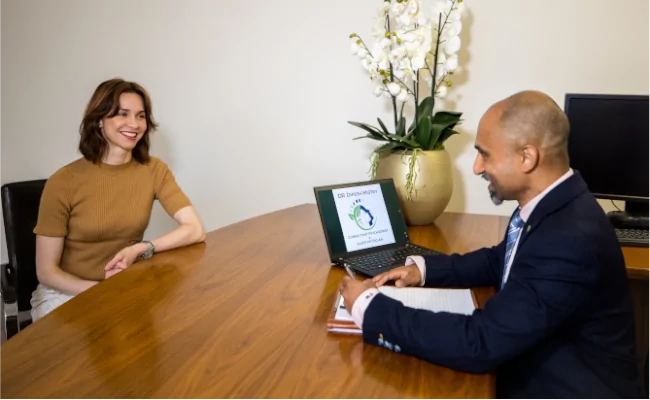
The sleep medicine assessment process
A consultation with Dr Mistry takes place in a comfortable and relaxed setting at one of his conveniently located central London clinics. Dr Mistry will ask you about your bedtime routine, current sleep pattern, nature and duration and timing of any sleep disturbances, as well as details about interventions you might have already tried. There will be questions about the results of any previous sleep investigations, your general physical health, mental health, medications, supplements and lifestyle.
The purpose of an assessment with Dr Mistry is to identify any underlying causes of your sleep disorder, arrange any medical or sleep specific interventions, and the formulation of a treatment plan to address this.
Therapeutic approaches in Dr. Mistry's sleep medicine practice
Specialist sleep investigations: Instead of staying overnight in a sleep lab, Dr Mistry can arrange for sleep investigations to take place at your home, from the comfort of your own bed.
Non-pharmacological treatment: Dr Mistry has successfully supported countless patients to overcome their insomnia without taking medications, using bespoke CBT-I. He can also provide advice on the non-pharmacological treatment of nightmare disorder.
Medications: Dr Mistry offers a number of options for long-term management of chronic insomnia, and this includes prescriptions for licensed medications such as daridorexant (Quviviq) and eszopiclone (Lunesta), in addition to pharmacological interventions for the treatment of nightmare disorder.
Lifestyle interventions: Dr Mistry can provide advice on a wide range of effective and easy to implement strategies to enhance your sleep and wellbeing.
Long-term sleep management: Dr Mistry’s treatment plans incorporate approaches and interventions that you can implement over the long-term in order to safeguard your sleep.
Restoring your confidence: Sleeping difficulties can be frightening, and can damage your confidence in your ability to sleep. Dr Mistry’s sensitive and supportive approach can help you restore your confidence in your sleep.
Close follow-up: Once you have overcome your sleeping difficulties, Dr Mistry offers a choice of face-to-face, virtual or telephone follow-up consultations to help you keep your sleep on track.
Sstruggling with sleep? Is it affecting your daily life? You’re not alone and help is available. Reach out today to schedule a consultation with Dr Mistry and take the first step toward better sleep, better health, and a better quality of life.
Why choose Dr Mistry?
Expertise: Dr Mistry’s longstanding interest and experience in sleep medicine has enabled him to develop a deep understanding in this important medical specialty. He regularly shares his knowledge through dozens of evidence-based articles which include practical advice to help people improve their sleep.
Compassionate approach: Dr Mistry understands that struggling with sleep can be frustrating, exhausting and even isolating. He takes a compassionate approach towards patients under his care, enabling them to feel heard and understood.
Personalised care: Dr Mistry’s private practice revolves around personalised care that recognises each patient’s unique sleep challenges, lifestyle and health needs. His detailed assessments enable the formulation of flexible treatment plans that have been adapted to work around your specific needs.
Convenience: Dr Mistry offers a choice of discrete face-to-face appointments at his two conveniently located central London consultation rooms, in addition to virtual appointments.
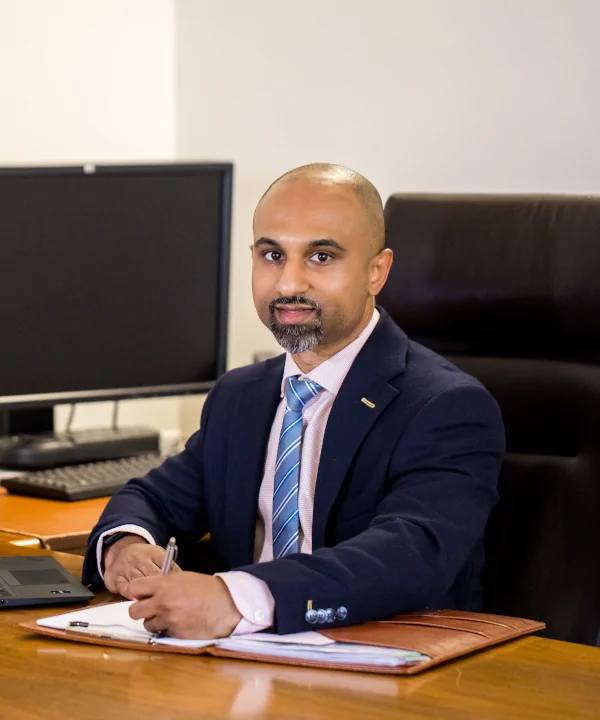
Where to find us
Dr Mistry has two central London locations you are able to visit.
Ankha,
17 Elystan Street
Chelsea
SW3 3NT
150 Harley Street
London
W1G 7LQ
Online consultations
We also offer convenient online consultations for those who prefer to meet with our insomnia specialists from the comfort of their own homes.

